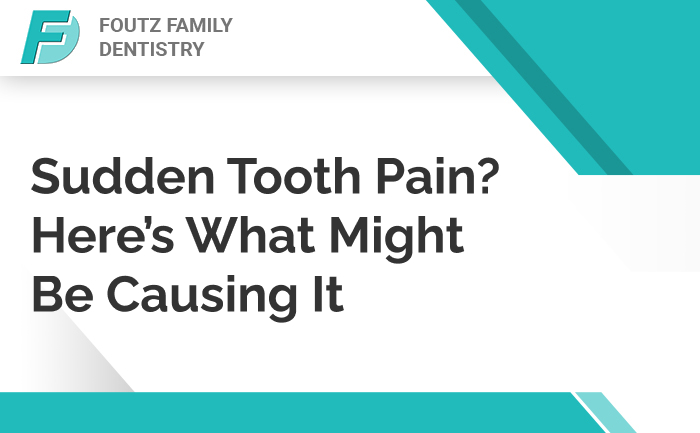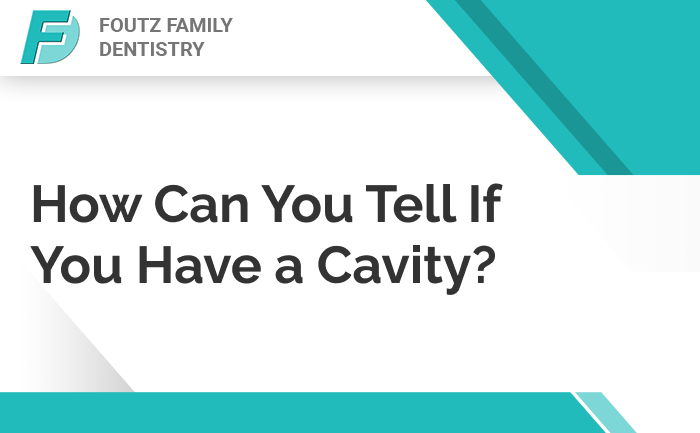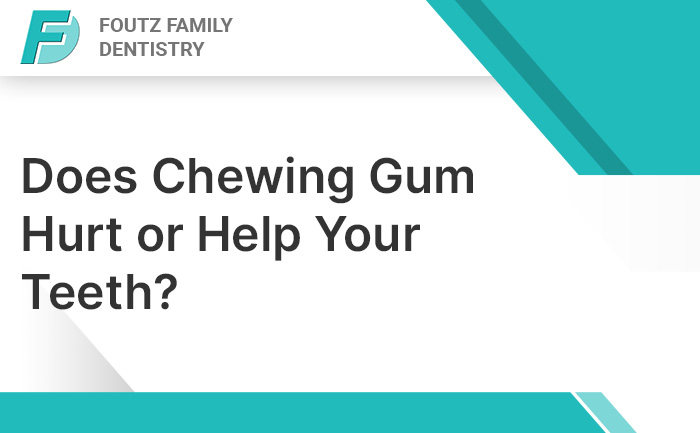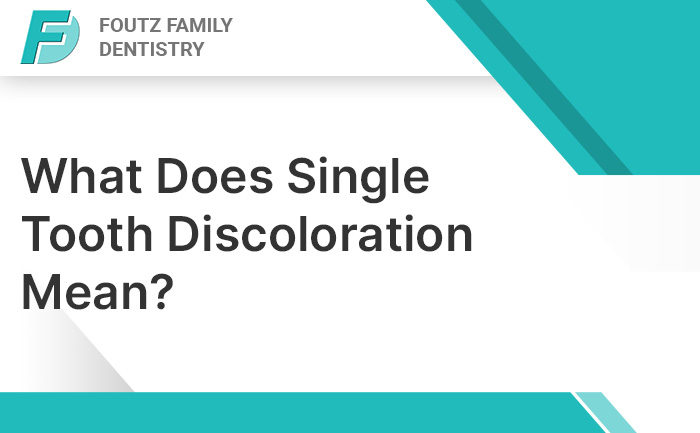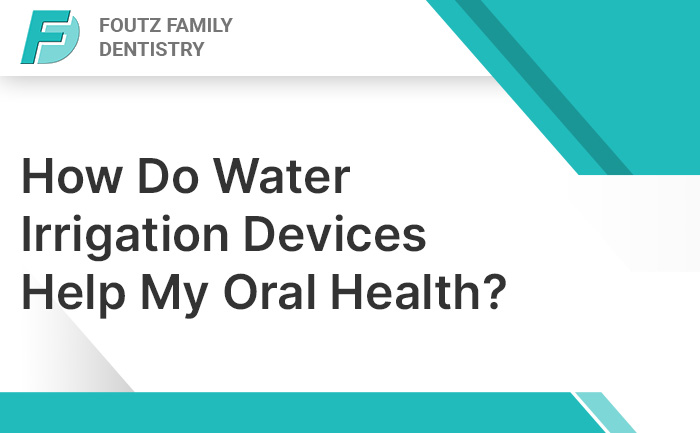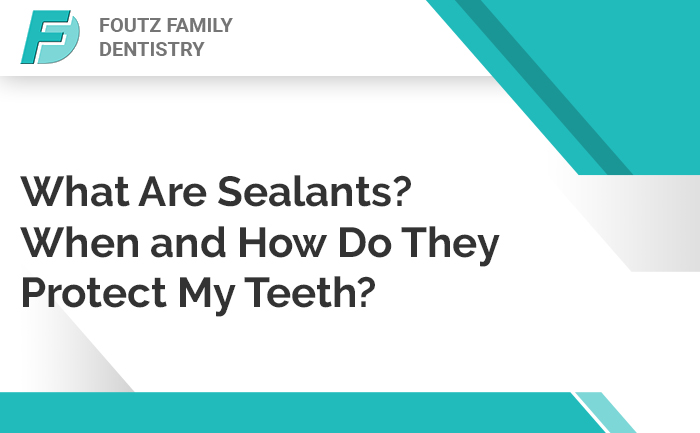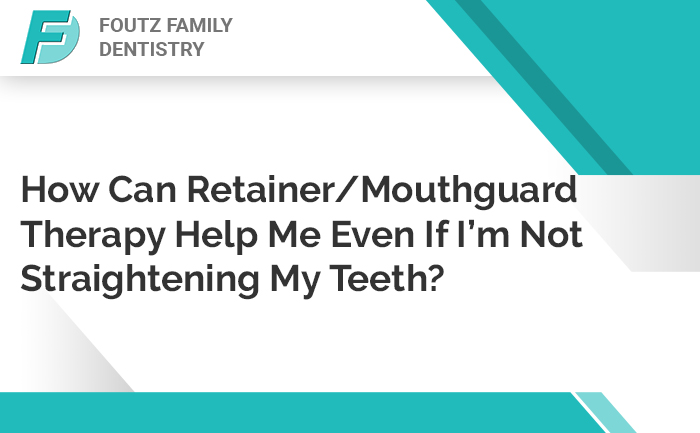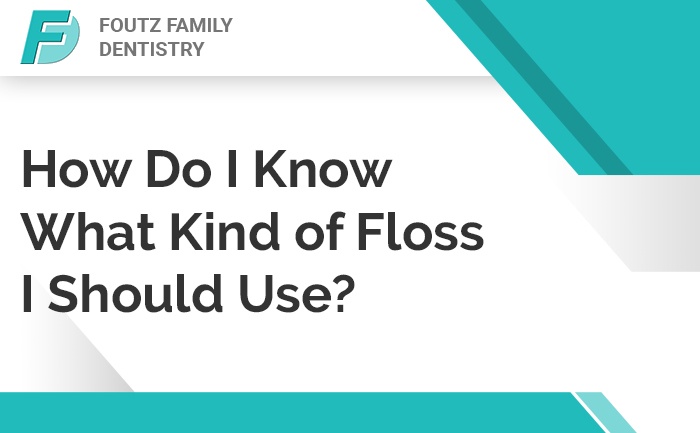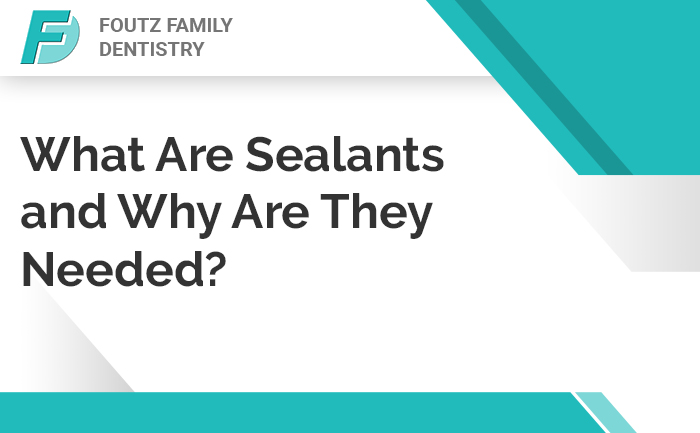For most people, a trip to the dentist might involve filling a cavity. These erosions in teeth are often painful and sometimes unsightly. But what are cavities? How do they form? What can you do to prevent them? Here are nine things you should know about cavities.
What Are They Called?
Cavities, caries, erosions – they all amount to the same thing – a hole in your teeth that may become painful and will grow larger if left untreated.
Are They Caused by Worms?
Many ancient cultures believed cavities were caused by worms that drank the “blood” of your teeth and ate the roots. While inaccurate, that’s not too far from the truth. Instead of a worm, bacteria cause cavities.
The 1-2-3 Combo
The bacteria that live in your mouth need a couple of things to thrive and cause cavities – a lack of frequent brushing, a diet rich in sugar and/or processed foods, and saliva.
More Veggies, Please
Bacteria love highly processed foods but cannot process whole foods (think broccoli, cauliflower, etc.). A diet rich in whole foods, particularly vegetables, can help you prevent cavities.
It’s All About the Acid
Bacteria don’t cause cavities directly. Instead, the acid produced when these microorganisms eat is responsible for eroding your tooth enamel. It’s a natural byproduct of consuming food debris in your mouth.
Remineralization Can Happen
If you give your teeth enough time and prevent bacteria from permanently colonizing the area, they’re capable of re-mineralizing damaged areas (before the damage becomes too severe). That’s what brushing and flossing do – they remove bacteria so that your teeth have time to heal.
Multiple Types
Did you know there was more than one type of cavity? The three most common are pit and fissure cavities, which tend to form on the tops of molars, smooth surface cavities, which form on the sides of teeth, and root cavities, which form just below the gum line.
Many Stages of Development
A cavity continues to grow the longer it’s left untreated. They begin as enamel cavities. Here, the hole only affects the enamel of the tooth – the outermost layer. Next, they progress to dentin cavities, where the hole erodes into the softer second layer of dentin.
Pulpitis is the next stage, where the cavity reaches the tooth pulp. This is the most painful stage and can lead to infection. Finally, the cavity results in periodontitis, which can result in bone infection and can usually only be treated by oral surgery.
How to Treat Cavities
In most cases, cavities are treated the same way. Your dentist will drill out the decayed part of the tooth and then replace the hole with a filling. In the past, fillings were often made from silver or gold, but porcelain and amalgam are more commonly used today.
Here’s to Your Oral Health
Cavities affect most people in the US at some point in their lives, but they’re not unavoidable. Regular brushing and flossing will help keep bacteria from building up and destroying your enamel. Regular visits to your dentist will also help keep your teeth clean and free of damage.







